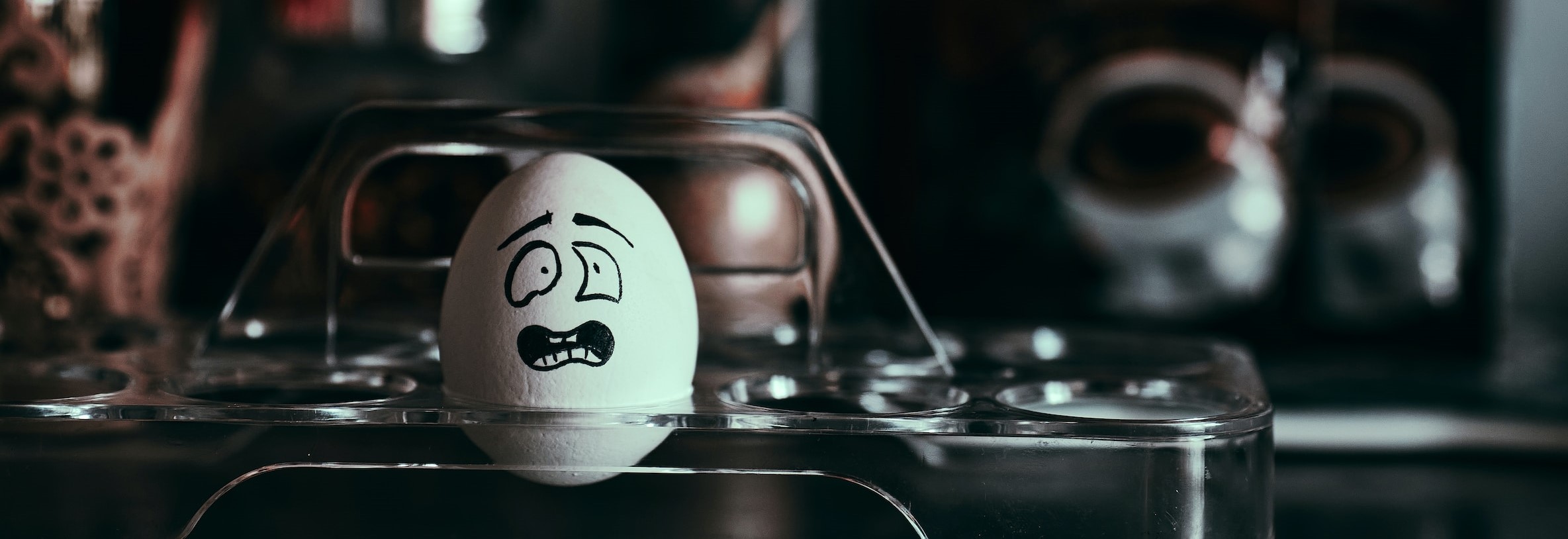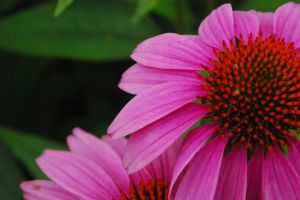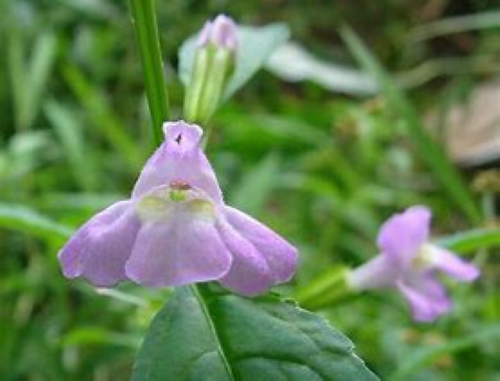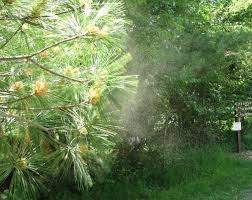__________________________________________________________________________________________________________
How does this Herbalist work?
An herbalist looks at the person as part of the greater ecosystem around them. They consider the water the client drinks, the air they breathe, the earth they walk on, their home and its occupants, their work, and how they play. When one is experiencing an imbalance in their ecosystem, it must be addressed to bring it back into balance.
When a body is experiencing illness, we look for imbalance. For example, if a person is in the throes of a divorce, they may be experiencing panic attacks. Do they hate their job and are slipping into depression, or is their blood pressure getting out of control? These examples are an imbalance in their ecosystem, so both areas need to be addressed. Finding the underlying cause of the imbalance and managing the symptoms the body is experiencing. This is where herbal medicines shine!
Herbs are part of our natural landscape, and as such, our bodies readily absorb the plant's medicine.
The question an herbalist must ask is, what is the imbalance? Is it too little of something or too much of something? What are the symptoms a person is experiencing? Is the person feeling too hot or too cold? Are they listless and lacking energy?
The good news is that there is a corresponding herb for just about every imbalance an individual is experiencing.
This is because plants have energetics; they are warm or cool, moistening or drying, toning or stimulating in nature.
So when a person is experiencing a fever, their energetics would be heat, and a cooling herb such as elderflowers would be helpful in most cases. Imagine adding some cayenne pepper to a feverish person; certainly not the right action! On the other hand, consider a person who feels cold and listless; perhaps adding some warming, stimulating herbs may help. This is referred to as 'treating the person, not the disease.'
Herbs are complex beings with many properties and unique personalities. Learning the plants in these ways takes a long time because it entails spending time with the herbs to become friends. In this way, the herbalist is a bridge between the plants and the person seeking help, as they can ask their plant allies for assistance. This does not mean you cannot ask the herbs for help, but an herbalist may save you time figuring out which plant ally is best for your condition.
People often ask me the difference between pharmaceuticals and herbs. Well, both are made from the elements of earth and have their place. However, it is in their administration that one sees the difference as pharmaceuticals do not look at the ecosystem; they balance the body's chemicals, which is a quick fix and, in some cases, is the correct way to go. Either way, taking herbs or drugs, if one is looking to heal fully, one must consider finding and correcting the imbalances in the entire ecosystem.
(c) Wendolyn Murdoch
www.herbalapothecary.ca
www.hereonearth.ca
Disclaimer: The information, including but not limited to, text, graphics, images and other material contained on this website are for informational purposes only. It is not intended to be a substitute for professional medical advice, diagnosis or treatment. Always seek the advice of your physician or other qualified health care provider with any questions you may have regarding a medical condition or treatment and before undertaking a new health care regimen.
The owner of these written materials makes no claims as to the accuracy or completeness of any of the information, including any links. The owner will not be liable for any errors or omissions in this information.





